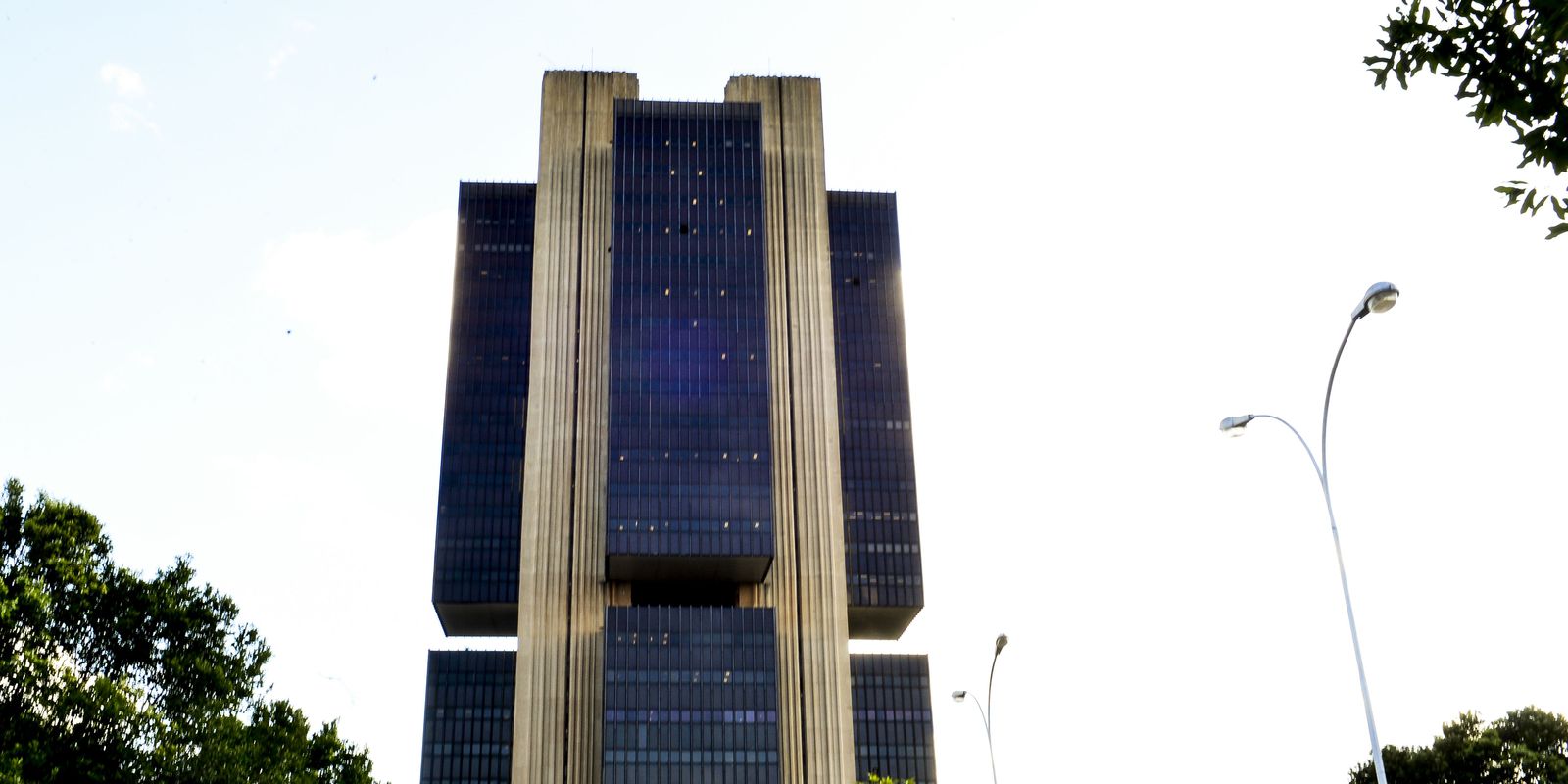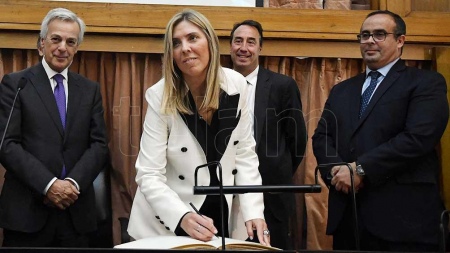The increase in commodities (primary goods with international quotation), bottlenecks in global production chains and the inertia of readjustments in the previous year were the main factors responsible for putting pressure on prices in 2022. The reasons are set out in a letter sent by the president of the Central Bank (BC), Roberto Campos Neto, to the Minister of Finance, Fernando Haddad, to justify the breach of the inflation target last year.
According to the document, the monetary authority predicts that official inflation based on the Extended National Consumer Price Index (IPCA) will fall from 5.79% in 2022 to 5% in 2023. Even so, it will remain above the target for this year, set at 3.25%, possibly reaching 4.75%, due to the 1.5 percentage point tolerance margin.
The return of the collection of taxes on fuels that had been reduced in 2022, highlighted the president of the BC, will have an impact on inflation this year. “In this scenario, in 2023, inflation still remains above the target, mainly due to the hypothesis of the return of federal taxation on fuels in that year and the inertial effects of the 2022 inflation”, wrote Campos Neto in the letter. Inflationary inertia corresponds to readjustments linked to prices corrected for the previous year’s inflation, such as rents.
According to the president of BC, inflation will only be within the target from 2024, when it should stay at 3%, and in 2025 (2.8%). For these two years, the National Monetary Council (CMN) sets a target of 3% for the IPCA, with a tolerance margin of 1.5 percentage points. In 2022, the target was set at 3.5%, with the same tolerance margin, and could vary between 2% and 5%.
Obligation
According to the legislation in force since the end of the 1990s, the president of the Central Bank needs to send a letter to the Minister of Finance justifying the non-compliance with the inflation targets established by the CMN. This was the seventh time this has happened.
In 2003, 2004, 2005, 2017 and 2022, the Central Bank sent letters because the IPCA in previous years had exceeded the target ceiling. In 2018, the monetary authority sent a letter because inflation had dropped below the floor.
Last year, the IPCA stood at 5.79%. According to the IBGE, food was the main item responsible for making inflation exceed the target ceiling for the second year in a row.














